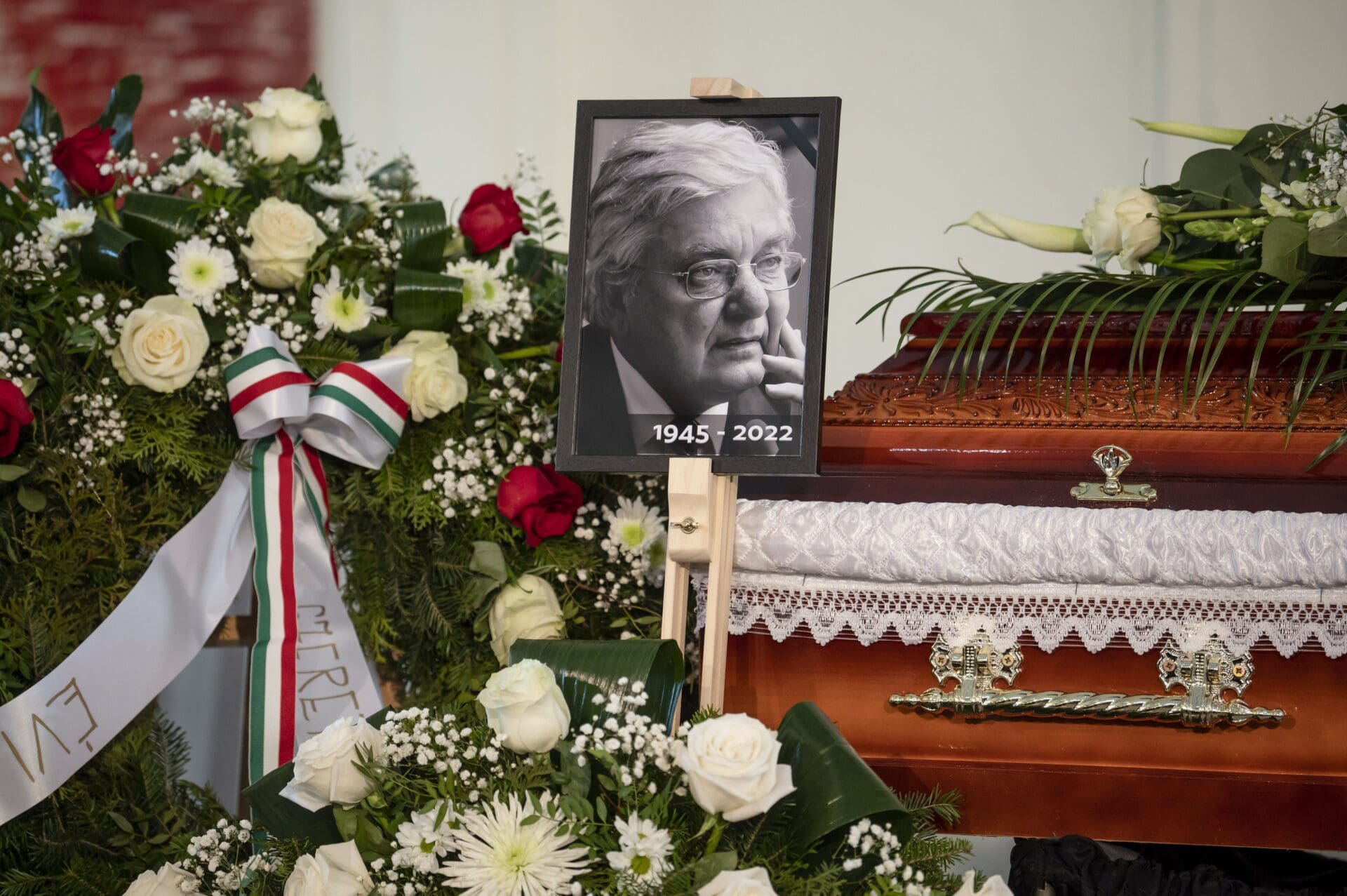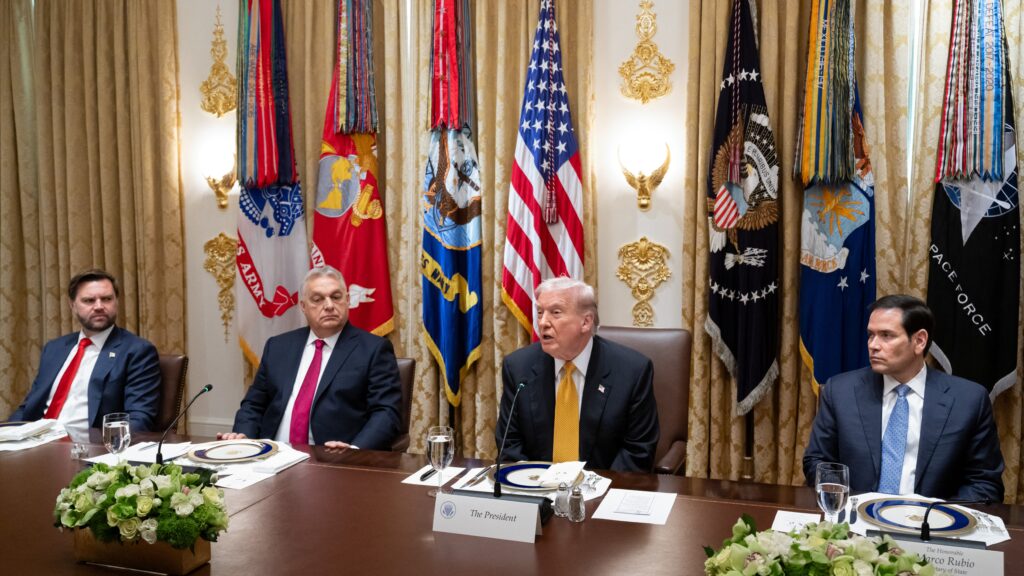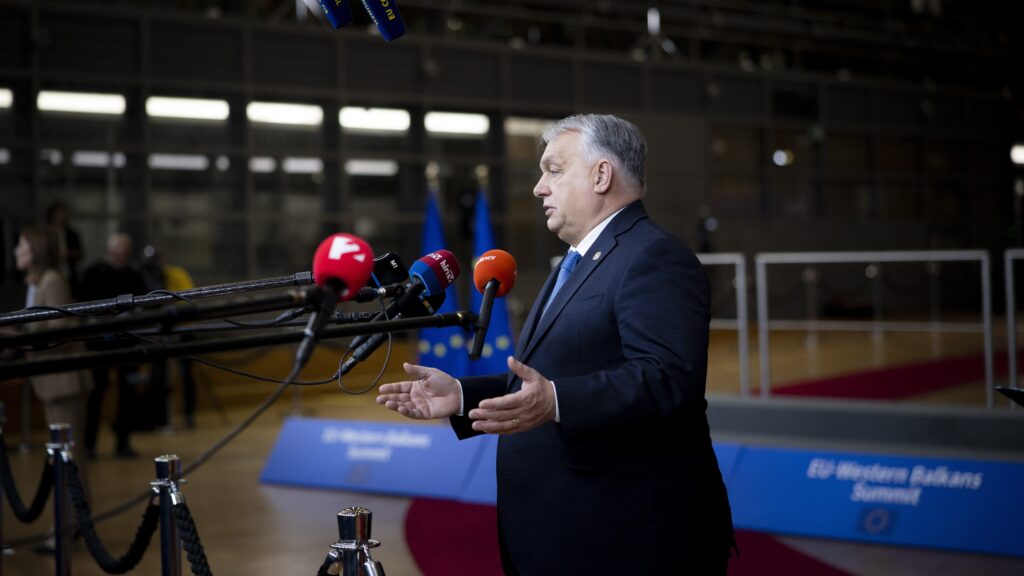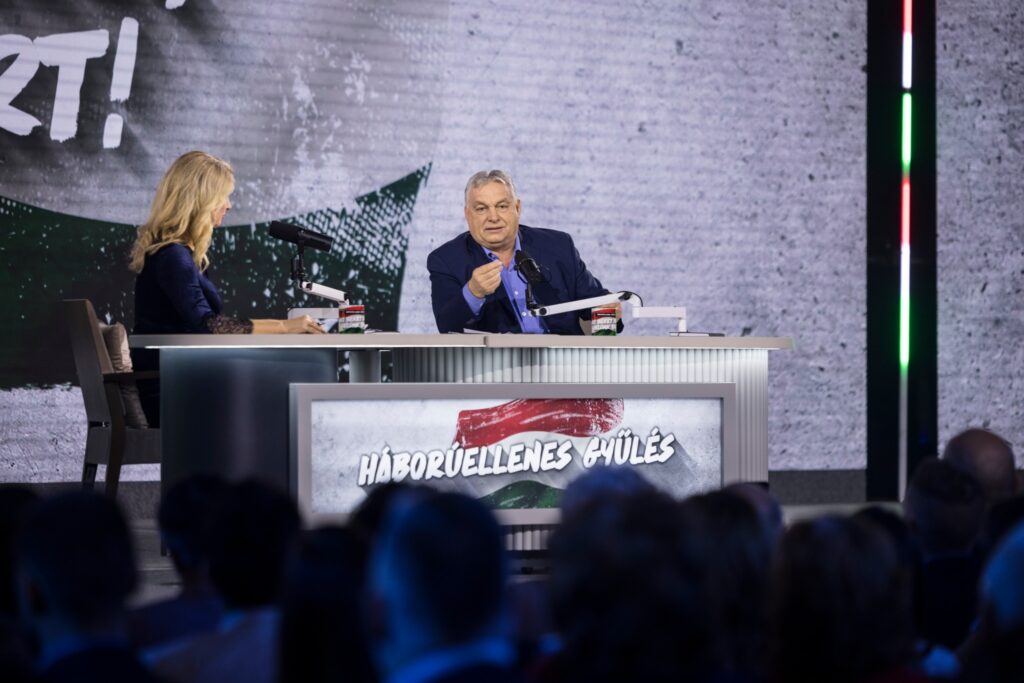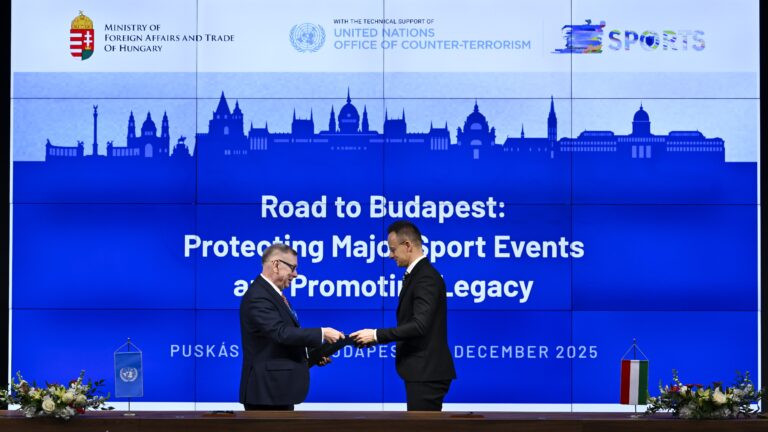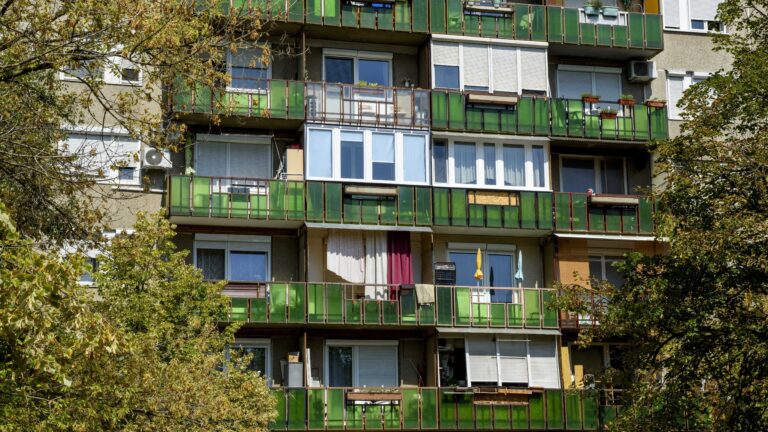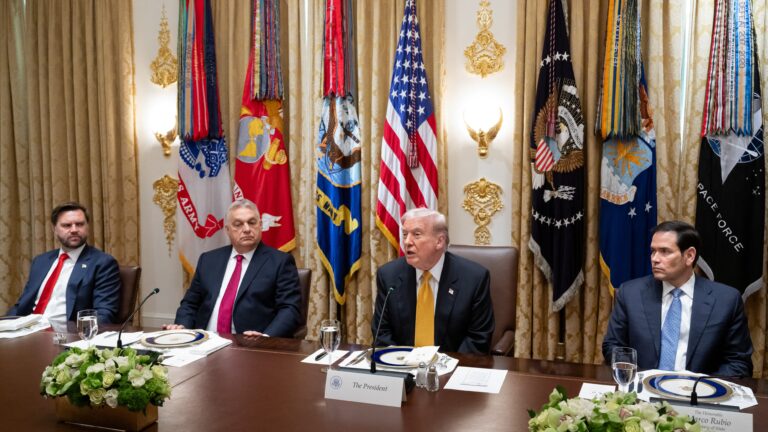One of the most important representatives of ethnic Hungarian communities abroad, a tireless advocate of minority rights, Hungarian Slovakian politician Miklós Duray passed away on 30 December last year. He served as a member of the Slovak National Council from 1994 to 2010, and had also served as a representative in the Czechoslovak Federal Assembly from 1990 to 1994.
Duray was an activist fighting for the rights of ethnic Hungarians in Czechoslovakia, then Slovakia, from an early age. As a university student, he co-funded the Committee for the Defence of Rights of Hungarians in Czechoslovakia. Before the system change, Duray signed the opposition manifesto Charter 77 and was arrested twice by the Communist regime in the nineteen eighties. After the Velvet Revolution in Prague, he co-founded the Hungarian Civic Party.
Miklós Duray was buried on 17 January in Lucenec (Losonc), his home town. His funeral service was attended by Prime Minister Orbán and his wife, Anikó Lévai, House Speaker László Kövér and other Hungarian dignitaries.
In a letter to the grieving family on 9 January, PM Orbán had offered his condolences. The prime minister described Miklós Duray as a hero, and said in the letter: ‘The Hungarian hero is a special breed, not striving for individual triumph, for victory over others, but seeking ways to change the fate of his nation for the better, even in the most difficult trials.’ The premier said that Miklós Duray was unquestionably ‘a fellow who was not hesitant to stand out for the Hungarian people in South Slovakia, even when doing so could result in imprisonment and persecution, both of which he had personally experienced.’
Despite this, Duray was a firm believer in the fact that one’s birthplace, whether it is called Slovakia or Czechoslovakia, is the country of the Hungarian community as well, and that ‘it is the Hungarian minority’s duty to live, work, and raise their children in the spirit of their Hungarian ethnicity,’ the PM wrote in his letter. Miklós Duray was among the first to publicly state that Hungarians living in Slovakia were part of the Hungarian nation, the prime minister recalled.
According to Viktor Orbán, Miklós Duray was a fervent supporter of both human rights and ethnic minority rights because God had prepared this road for him. ‘We will always be grateful to him’, the PM stressed, also because it was his initiatives that made possible such important cross-border national policy accomplishments as the creation of the Hungarian Standing Conference and the introduction of a Hungarian identity card for the ethnically Hungarian citizens of Slovakia.

